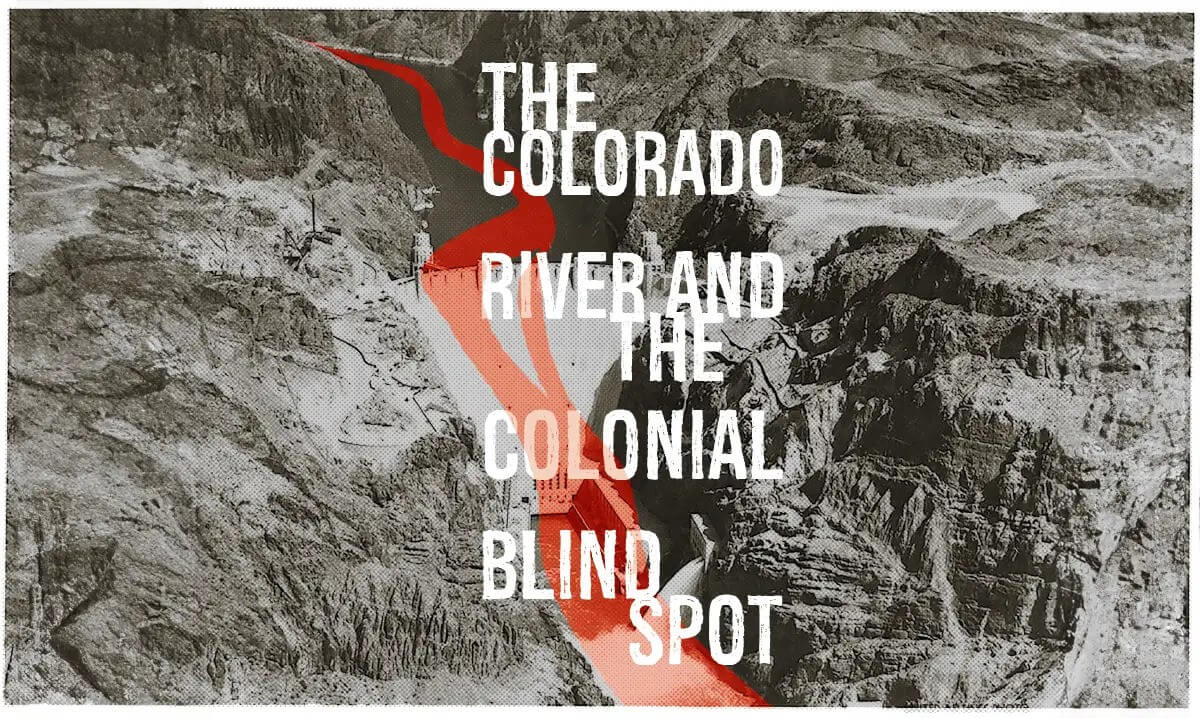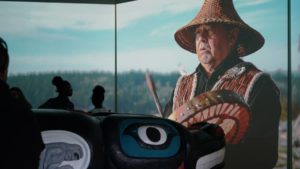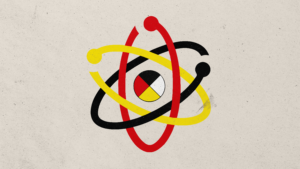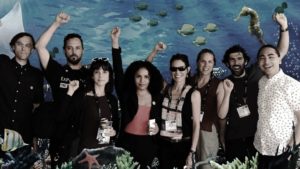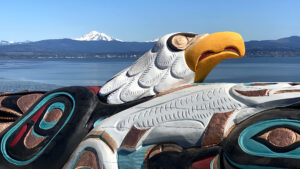The Colorado River is in crisis and environmental scientists are weighing in. But why are so many refusing to name the culprit — focusing on the impacts of climate change on the rapidly drying river rather than the dams, diversions, and desert cities that decimated the river over the past century? And how should our movements respond?
These questions were at the heart of “The Colorado River and the Colonial Blindspot,” the first webinar in our new year-long event series, Natural History for a World in Crisis. Curated by Diné geographer Andrew Curley, the event brought Andrew into dialogue with Teresa Montoya (Diné), Traci Brynne Voyles, and Erika M. Bsumek, each of whom has spent years studying the history of colonization that produced the Colorado River that we know today.
More than a glance at the past, this event was a call to reorient our perspective on the present — establishing the groundwork for ambitious responses to the water crisis on the Colorado River — solutions that will not merely reproduce the relations to the water that got us into the mess that we’re in today.
Check out the highlights, video documentation, and Zoom chat transcripts below, as well as more exclusive content, including a new interview with Andrew.
Videos and Highlights
More than 300 people tuned in to “The Colorado River and the Colonial Blindspot,” from climate scientists to environmental journalists, Tribal leaders, EPA officials, conservation advocates, and municipal water authorities. An additional 400 signed up to view the recording.
New Interview: Rethinking the Water Paradigm with Andrew Curley
As one of our inaugural Red Natural History Fellows, Andrew sat down with The Natural History Museum’s research director for an interview on his work on the Colorado River.
Read the full interview to delve deeper into Andrew’s perspective on the history of the Colorado River, the legacies of colonialism in contemporary science, the uses and abuses of “Traditional Ecological Knowledge,” and more.

